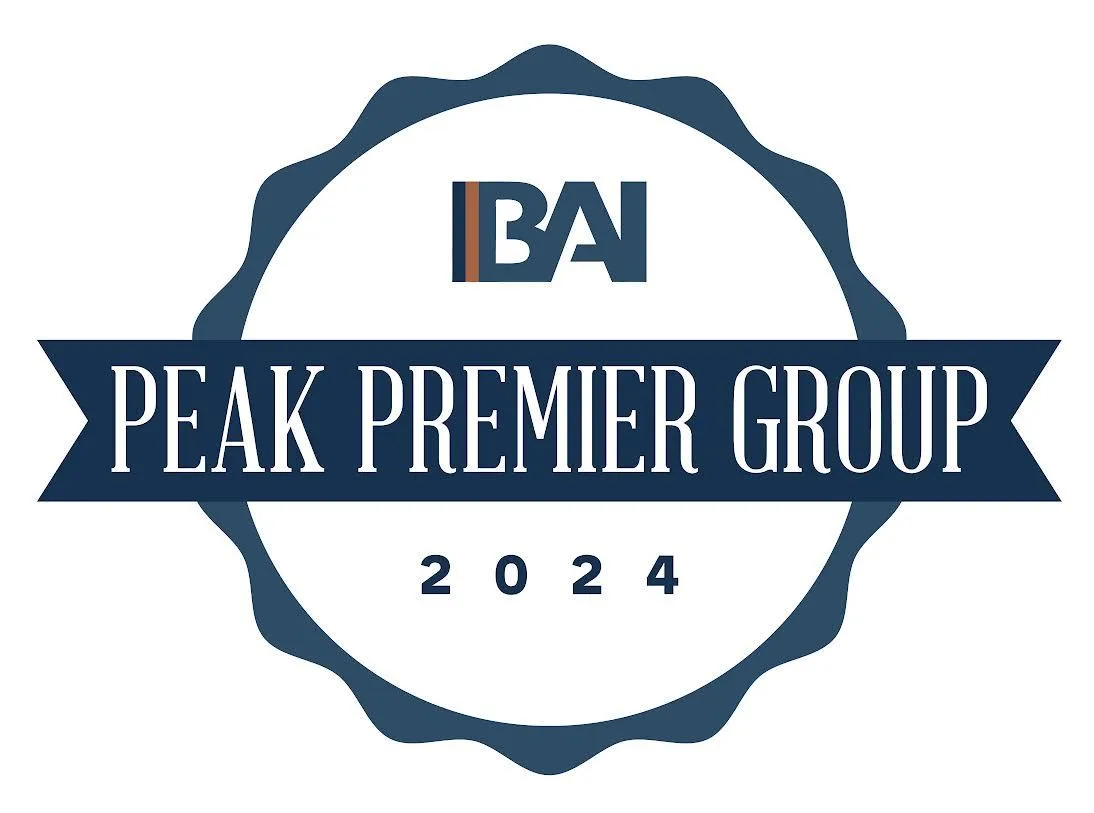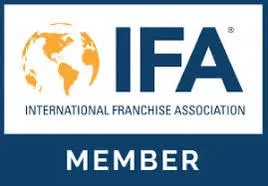Blog

How to read and understand the FDD
So, you’re interested in franchising and ready to invest in one—but then comes the Franchise Disclosure Document (FDD), an imposing, lengthy file packed with legal language, numbers, and terms. For many aspiring franchisees, the FDD can feel more like a puzzle than an opportunity. Yet, it holds essential insights about the franchise you’re about to invest in, making it a crucial part of your decision-making process.
When you know how to read and understand the FDD, you gain a clear view of the franchise’s operations, financial health, and potential challenges. This document, required by law, is the franchisor's way of providing transparency, giving you a window into everything from initial fees and royalties to franchisee support and potential earnings.
Within its 23 items, this document reveals everything from the franchisor's background and litigation history to financial statements and terms of the franchise agreement.
Failing to understand the FDD can result in signing up for a franchise that doesn’t align with your personal or financial goals. Therefore, taking the time to read and understand it will put you on the right path to selecting the best franchise opportunities that suit your needs.
Breaking Down Key Sections of the FDD
1. Franchisor Background and Business Model (Items 1–3)
The first three items of the FDD will provide an overview of the franchisor’s history, executive background, and any legal disputes involving the brand. Knowing the franchisor's story and leadership team is essential because it indicates their track record and reputation. Look carefully at any litigation involving the franchisor—especially those with franchisees—because these can be red flags.
Consider this part as your first impression of the company’s reliability and success, which can impact your trust in their franchise system.
2. Initial and Ongoing Fees (Items 5–8)
In these sections, the FDD details the initial franchise fee, royalty payments, and any other required expenditures. While the upfront franchise fee might be clear-cut, it’s important to read closely about ongoing fees, such as royalties, advertising fees, and any additional charges. These ongoing costs affect your profitability and must be weighed against the potential revenue.
Pay close attention to Items 5 through 8, as they set the foundation for your financial commitment and operational responsibilities as a franchisee. This insight can help you identify the best franchise opportunities, considering their cost-to-return ratio.
3. Financial Performance and Earnings Potential (Item 19)
Item 19 is a critical component for anyone hoping to understand potential revenue and profitability. Here, franchisors disclose financial performance representations that reflect how other franchises are performing. Some franchisors may choose not to disclose this information, so if it's absent, ask questions about typical franchise performance and prepare for potential earnings variance.
The FDD isn’t just a formality; it’s a tool to ensure you’re entering a franchise relationship that’s built on transparency. Reading and understanding the franchise disclosure document can mean the difference between a successful, profitable venture and one fraught with misunderstandings and financial strain. Don’t hesitate to consult with a franchise consultant or a financial advisor if any section of this feels unclear.
Taking your time to decipher the FDD. Whether you’re exploring the best franchise opportunities or simply evaluating a brand’s background, a careful read of the FDD is the first step toward a successful franchise partnership.
Reach out to ReWired Franchise Advisors for expert guidance on understanding your franchise disclosure document. We’re here to make sure you have all the support you need for a successful franchise journey!




